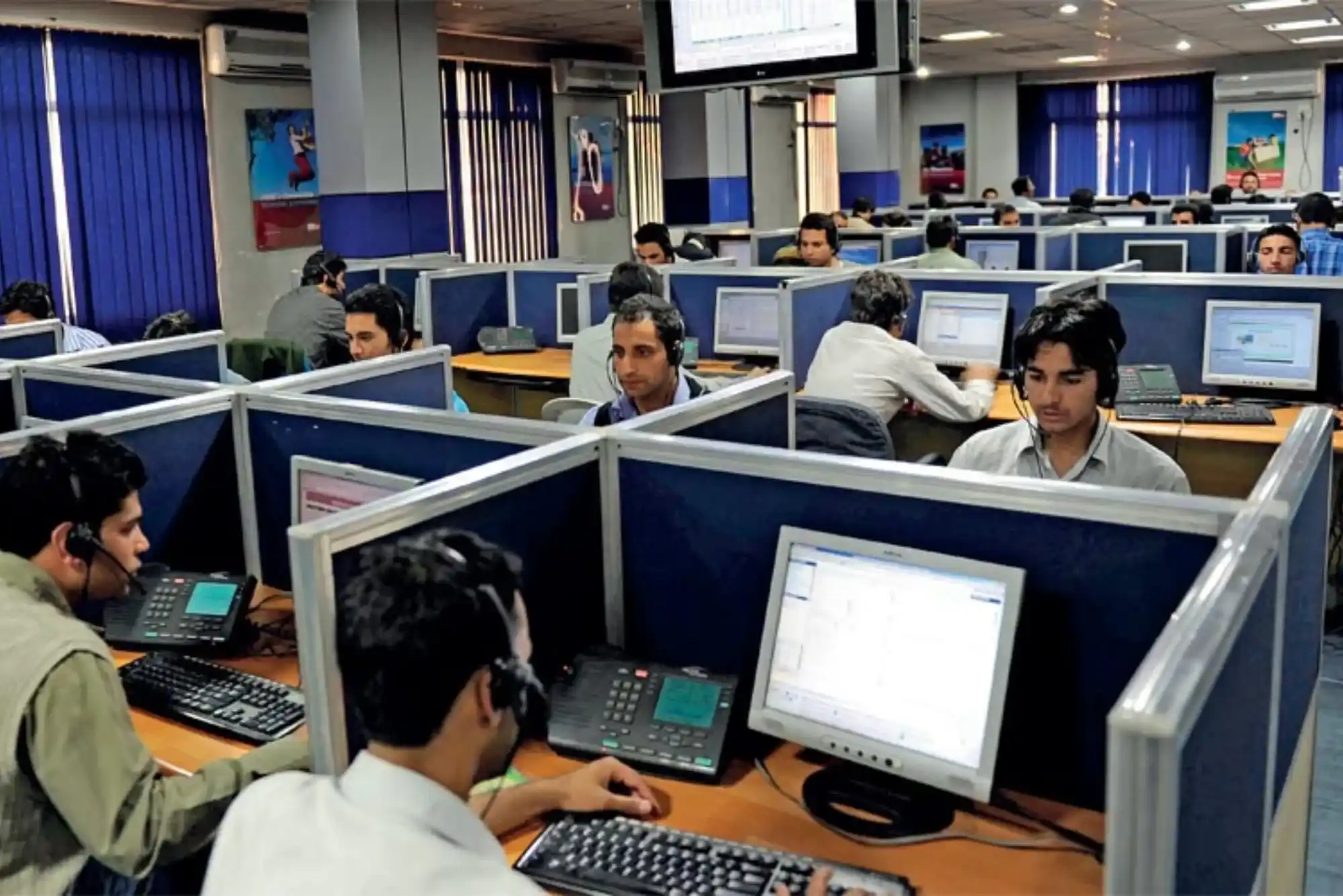While Islamabad’s tech zones have long symbolized Pakistan’s digital growth, a silent but strong contender is rising from South Punjab. Dhanote, a small town in the Lodhran District, has launched a remarkable initiative—Dhanote IT Park—that is challenging traditional tech narratives and decentralizing innovation across the country.
With government support, skill development programs, and strong grassroots energy, Dhanote IT Park is fast gaining recognition as a legitimate IT hub in Pakistan—transforming not only the town but the entire South Punjab region.
Islamabad Tech Zones vs. Emerging Regional Hubs
Quick Answer: While Islamabad has resources and legacy infrastructure, regional hubs like Dhanote offer grassroots impact and untapped potential.
Islamabad’s tech zones—especially those designated under Special Technology Zones Authority (STZA)—boast mature ecosystems. However, they are often congested and expensive for early-stage startups. In contrast:
-
Dhanote offers affordable workspaces and tax relief.
-
Startups in Multan and Bahawalpur can now access South Punjab-based platforms.
-
Ignite-backed programs train youth locally for national and global markets.
This regional approach ensures development is inclusive, sustainable, and community-driven.
“A truly digital Pakistan depends on expanding opportunity beyond major cities,” says a hypothetical CEO of Ignite.
Digital Infrastructure in South Punjab
Quick Answer: Dhanote is rapidly building tech infrastructure, including broadband, smart offices, and coworking spaces.
South Punjab has historically lagged behind in connectivity, but recent investments have changed that narrative:
-
Dhanote IT Park is equipped with high-speed fiber internet, solar power backups, and smart facilities.
-
Regional universities in Multan and Bahawalpur are collaborating to ensure continuity in digital talent.
-
STZA incentives in secondary cities are pushing private telecom companies to improve services.
As a result, remote teams, freelancers, and startups can now work just as efficiently in Dhanote as they can in Islamabad.
Government Initiatives Fueling Regional Growth
Quick Answer: Programs like STZA, PITB, and NAVTTC are empowering regions like Dhanote to grow technologically.
In recent years, initiatives that were once centered in Islamabad or Lahore are now finding strong footing in South Punjab:
-
STZA designation means Dhanote IT Park enjoys tax exemptions, customs duty relief, and R&D incentives.
-
PITB’s eRozgaar centers in Multan train youth in freelancing and tech.
-
NAVTTC and Ignite run women-specific training programs in Bahawalpur.
This decentralization strategy ensures sustainable growth outside of traditional economic centers.
Access to Talent: Multan vs. Islamabad
Quick Answer: South Punjab is producing skilled digital workers through universities and bootcamps.
While Islamabad is home to institutions like NUST and COMSATS, Multan’s BZU, UET Multan, and Islamia University Bahawalpur are now offering competitive programs in:
-
Artificial Intelligence and Machine Learning
-
Cloud Computing
-
Full Stack Development
-
UI/UX Design
With skill development centers now operating in Dhanote, students from rural and semi-urban areas are equipped for high-value roles in the IT sector.
Dhanote IT Park: South Punjab’s Rising Digital Star
Quick Answer: Dhanote IT Park provides modern infrastructure, mentorship, and funding access for regional tech growth.
Strategically located in the center of South Punjab, Dhanote IT Park is equipped to:
-
Host startups and remote teams with plug-and-play office setups.
-
Incubate businesses with mentorship from tech experts.
-
Offer women-only coworking zones with childcare support.
This model empowers local youth while reducing brain drain to larger cities like Islamabad or Lahore.
Innovation in Local Context: Solving Regional Problems
Quick Answer: Dhanote startups are tackling local issues in education, agriculture, and health.
Unlike Islamabad, where many startups chase urban consumer trends, Dhanote is focused on local impact, such as:
-
AgriSmart Dhanote: AI-powered crop health detection tools.
-
eTaleem Multan: Online learning for underserved rural schools.
-
TeleMed Bahawalpur: Remote doctor consultations for villages.
These ventures directly address South Punjab’s unique socio-economic challenges, making tech relevant and essential.
Cost of Operations: A Key Advantage for Dhanote
Quick Answer: Lower overhead costs in Dhanote allow startups to extend runways and reinvest in growth.
Startups in Islamabad face high rental, labor, and utility costs. In contrast:
-
Office space in Dhanote IT Park costs 60–70% less than in Islamabad.
-
Local hiring reduces talent acquisition expenses.
-
Utility and internet services are subsidized for STZA zones.
This economic efficiency allows startups in Dhanote to scale sustainably without compromising quality.
Freelancer Economy: South Punjab’s Digital Workforce
Quick Answer: Dhanote and its surrounding areas are producing thousands of digital freelancers annually.
According to the Pakistan Software Export Board (PSEB), South Punjab freelancers contributed nearly $48 million in IT exports in 2023. This is enabled by:
-
eRozgaar training centers in Multan and Bahawalpur.
-
Women-led freelance groups based in Dhanote.
-
Access to Fiverr, Upwork, and Payoneer via dedicated support desks.
This decentralized workforce model supports rural incomes and builds global connections.
Education-Industry Collaboration: A New Frontier
Quick Answer: Dhanote IT Park works with regional universities to align curriculum with tech market needs.
Unlike Islamabad, where industry and academia often function in silos, Dhanote emphasizes active collaboration, such as:
-
Capstone projects co-supervised by IT Park professionals.
-
Guest lectures by local entrepreneurs.
-
Internship pipelines from Bahawalpur’s and Multan’s universities.
These connections accelerate real-world readiness among students.
Community Engagement and Tech Literacy
Quick Answer: Dhanote’s digital programs are inclusive, targeting youth, women, and rural learners.
While Islamabad’s growth often caters to elite institutions, Dhanote emphasizes digital inclusion, offering:
-
Workshops in local schools and madrasahs
-
Coding camps for girls in Lodhran and Khanewal
-
Tech awareness roadshows across South Punjab towns
This community-focused approach ensures that everyone is part of the digital revolution.
FAQs
1. What is the main difference between Dhanote IT Park and Islamabad’s tech zones?
Dhanote offers grassroots impact and affordability, while Islamabad provides legacy infrastructure and international visibility.
2. Is Dhanote IT Park officially recognized by the government?
Yes. It benefits from STZA incentives, making it a designated tech growth zone.
3. Can students from Bahawalpur or Multan work at Dhanote IT Park?
Absolutely. The park encourages regional participation, with training and incubation support.
4. Is Dhanote a viable place for startup investment?
Yes. Low costs, skilled labor, and government support make it an attractive destination.
5. How is internet connectivity in Dhanote for tech businesses?
Dhanote IT Park has fiber-optic internet and is part of the government’s broadband expansion plan.
6. Are women-led startups supported in Dhanote?
Yes. Dedicated coworking zones and training for women are core to the IT Park’s vision.
7. How does Dhanote contribute to Pakistan’s tech exports?
Primarily through freelancers and small software houses serving international clients.
Final Thought
As a digital analyst based in Multan, I’ve witnessed Islamabad’s dominance in Pakistan’s tech sphere. But what’s happening in Dhanote is different—it’s personal, inclusive, and empowering. It’s not just about competition; it’s about completing the national puzzle.
The emergence of Dhanote IT Park signals that real innovation doesn’t only thrive in concrete towers—it also grows in community halls, village schools, and rural workspaces.
To shape Pakistan’s future, we must invest in every region’s potential, and Dhanote is proof that regional tech hubs are not just viable—they’re vital.




